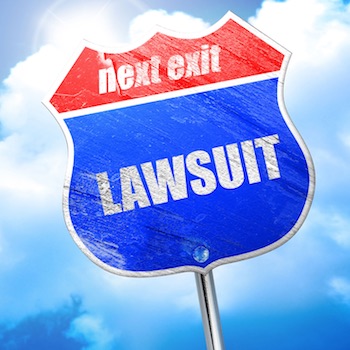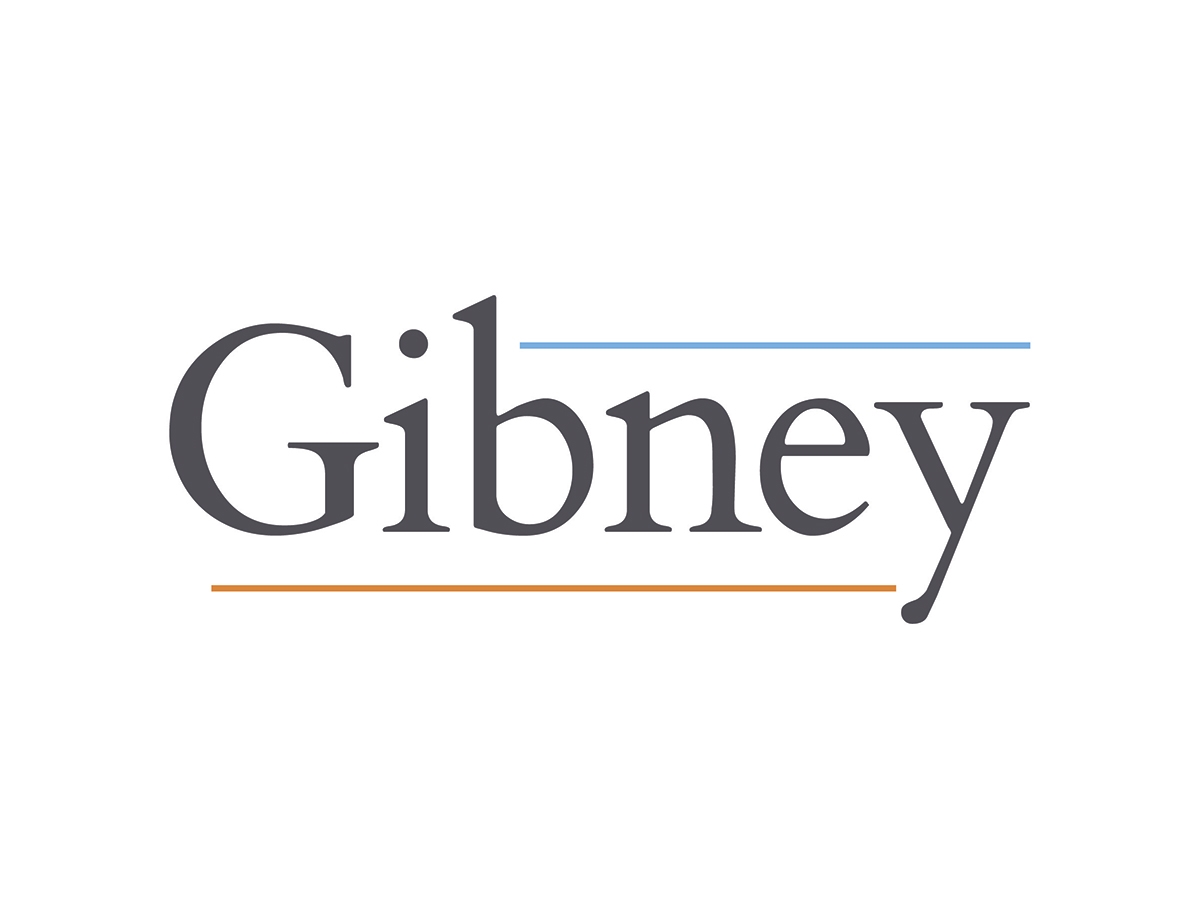Big Tech Firms continue to challenge NHK-Fintiv framework for lack of notice-and-comment rulemaking
The brief argues that NHK-Fintiv, developed through PTAB precedential decision-making, is a substantive rule requiring notice and comment rulemaking because it affects private interests and is binding on administrative patent judges (APJs) at the PTAB. The brief argues NHK-Fintiv is a substantive rule that requires notice-and-comment because it affects private interest and is binding on administrative judges (APJs). This appeal follows a second adverse ruling by the Northern District of California in the tech companies’ attempt to nullify NHK-Fintiv. The Federal Circuit affirmed the majority of the district court’s dismissal of the case in March 2023. However, it found that Apple had Article III standing under the Administrative Procedures Act, codified at 5 U.S.C., to challenge the USPTO for not having conducted a notice-and-comment process. SS 553. However, on remand, the Northern California district court granted summary judgment to the USPTO, holding that the NHK-Fintiv rule is a general statement of policy exempt from Section 553’s rulemaking requirements.
NHK-Fintiv’s Binding Nature, Impact on Private Interests Requires Notice and Comment
The tech companies argue that NHK-Fintiv, which established six factors for PTAB APJs to consider for potentially denying IPR petitions based on parallel litigation in district court, features two key attributes shared with other agency rules that require notice-and-comment rulemaking. The brief claims that the USPTO’s discretionary rules for denial affect the private interests infringement defendants by denying petitioners an avenue to invalidate their patent rights through IPR. Further, the rule binds the PTAB’s discretion in ways that prevent the Board from instituting IPRs on petitions when the NHK-Fintiv factors point away from institution.
Both the appellate and district courts in this case have acknowledged that the USPTO’s NHK-Fintiv framework have increased denials of IPR petitions that would have otherwise been instituted, the tech companies note. Apple and Google cited a 2024 Federal Circuit ruling in In re Chestek PLLC and a number of cases from D.C., while the Northern California district courts ruled IPR was a discretionary relief. Circuit in which the appellate court recognized that rules affecting the standards by which an agency examines an application for a benefit is subject to notice-and-comment rulemaking if the rule is binding.
According to the tech company appellants, NHK-Fintiv is binding on the PTAB because APJs must consider the framework’s factors in any IPR petition that involves parallel litigation in U.S. district court on the same patent. The USPTO and Federal Circuit both acknowledge that NHK Fintiv ensures PTAB institution decisions will be made in accordance with the USPTO Director’s policy preferences. Apple and Google claim that the district court mischaracterized Mada-Luna’s 1987 decision in Fitzpatrick v. Ninth Circuit to determine that NHK-Fintiv’s sixth factor, which requires that the Board consider other circumstances, including a petition’s merits, was a catch-all clause allowing deviation from other factors. The tech companies claim that this factor doesn’t provide the same “great latitude and discretion” of the rule in Mada-Luna which allowed immigration officials to consider any facts relevant to a determination on deferred actions. In practice, the sixth factor in NHK-Fintiv only provides the ability to consider the compelling merits of a petition, and only when the other five factors point toward discretionary denial.
Provisions of the America Invents Act (AIA) further reinforce that notice-and-comment rulemaking is required for the NHK-Fintiv framework to remain effective, the tech companies contend. Under 35 U.S.C. Apple and Google argue that Congress expected any rules affecting these regulations to be subjected to Section 553’s notice-and-comment procedures before being adopted. Apple and Google argue that Congress expected any rules impacting those regulations would undergo Section 553’s notice-and-comment procedures before being adopted.
Finally, the appellants argue that NHK-Fintiv’s flaws underscore the need for the USPTO to have followed Section 553’s notice-and-comment procedures. AIA provisions recognize that IPRs can be conducted in parallel with parallel litigation. Apple and Google note that the original co-sponsors expressed their disappointment with NHK-Fintiv for its impact on the one-year deadline for filing an IPR following infringement claims filed in district courts. IPR petitioners consulting agency rules without any awareness of the precedential decisions leading to the NHK-Fintiv framework would not know any other timing issues in parallel litigation would be dispositive on institution of an IPR petition, the tech companies contend.
Image rights acquired by AdobeStock
Steve Brachmann
Steve Brachmann graduated from the University at Buffalo School of Law in May 2022, earning his Juris Doctor. He served as the president of the Intellectual






